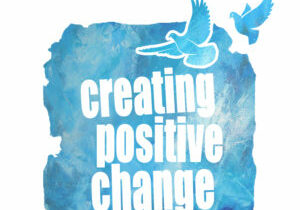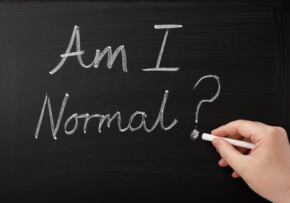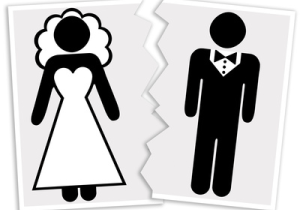DBT Therapy helps manage strong and unpleasant feelings, and improve effectiveness in relationships.
The History of DIALECTICAL BEHAVIOR THERAPY
In her youth, Dr. Marsha Linehan was hospitalized for schizophrenia and treated with electric shock therapy. Seven years later, she graduate cum laude from Layola University and went on to earn her Ph.D. in Social and Personality Psychology (Dr. Chantal’s Ph.D. is also in Social and Personality Psychology). Dr. Linehan’s own mental illness inspired her to invent DBT. After spending some time learning meditation and Eastern mindfulness practices, Dr. Linehan began to develop the components of what is now called Dialectical Behavioral Therapy.
Before the invention of DBT, Borderline Personality Disorder was considered one of the most difficult to treat of all the personality disorders. Now, DBT has become the gold standard in treating Borderline Personality Disorder (BPD), and BPD is now considered to be a personality disorder that can be completely resolved with long-term, effective treatment.
THE SKILLS TAUGHT IN DBT THERAPY are:
Distress Tolerance
This skills set helps individuals learn to tolerate difficult emotions and not feel overwhelmed by them.
Emotional Regulation
This set of skills and techniques teaches individuals how to let go of negative emotions, reduce the intensity of negative emotions, and transform the negative emotions into neutral or more positive feelings.
Mindfulness
Mindfulness skills help to ground you in the present moment, and prevent your strong emotions from taking you on a wild ride!
Interpersonal Effectiveness
The interpersonal effectiveness component of DBT helps individuals learn to get their needs met in relationships, while maintaining respect for the other person. The skills taught in this component will help you be more effective at getting your needs met without damaging your relationships.
What does DBT THERAPY help with?
DBT can help improve and stabilize mood, decrease anxiety, decrease suicidal and self-injurious behavior (like cutting), reduce anger, reduce psychiatric hospitalizations, and improve overall social functioning and well-being.





























